Thymosin Alpha – Immune-Enhancing Peptide for Advanced Research
Thymosin Alpha, commonly referred to as Thymosin Alpha-1 (Tα1), is a synthetic peptide fragment derived from prothymosin alpha, a natural thymic hormone involved in immune function. It has garnered substantial attention in scientific research for its potential role in immune modulation, infection control, and inflammation suppression. Researchers investigating peptide-based immunotherapies often utilize Thymosin Alpha to explore its unique ability to enhance immune cell activity, increase interferon production, and support overall immune response.
Key Benefits of Thymosin Alpha in Research
-
Stimulates T-cell production and function
-
Supports natural killer (NK) cell activity
-
Aids in regulating inflammation
-
Investigated for antiviral and antibacterial immune response
-
Studied in cancer immunotherapy and chronic infections
-
Improves immune regulation during stress or immune suppression
-
Enhances vaccine response in research settings
Scientific Backing and Application
Thymosin Alpha’s mechanism of action is rooted in its ability to activate key immune components, particularly T-lymphocytes, while also regulating pro-inflammatory cytokines. Clinical research has evaluated its use in various disease states, including hepatitis B/C, HIV, and as an adjunct therapy in certain cancers. It is also studied for its role in autoimmune disorders, where immune balance is crucial.
Its immunoregulatory properties make Thymosin Alpha a valuable compound in laboratories investigating adaptive immunity, chronic inflammation, and immune-compromised models. The peptide is typically administered subcutaneously and has shown a favorable safety profile in published studies.
Cycle Usage for Research
-
Dosage Range: 1.6 mg to 3.2 mg per week in divided injections
-
Injection Frequency: Typically 2–3 times weekly
-
Cycle Duration: 4 to 12 weeks, depending on research protocol
-
Reconstitution: Bacteriostatic water is recommended for stability
-
Storage: Store lyophilized vials at -20°C; refrigerate after mixing
Stack Suggestions for Laboratory Synergy
For research into synergistic effects in immune recovery or tissue healing, Thymosin Alpha is often used alongside:
-
TB 500 – studied for muscle and tendon repair
-
BPC 157 – a peptide for gut and soft tissue regeneration
-
CJC 1295 – a growth hormone secretagogue studied for recovery and anti-aging research
-
IGF-1 LR3 – a popular peptide for cell growth and muscle hypertrophy
These combinations are intended to simulate complex healing or immune recovery environments in controlled lab conditions.
Why Thymosin Alpha Is Important in Research
Thymosin Alpha’s role in immune support and immunomodulation makes it a valuable tool in studying the body’s defense systems. According to Wikipedia’s entry on Thymosin, this family of peptides plays a central role in the regulation and development of the immune system, particularly in the maturation of T-cells. Thymosin Alpha specifically has been the focus of extensive research in immune therapeutics and vaccine response enhancement.
Final Thoughts
Thymosin Alpha is a standout peptide in the field of immune research, particularly for its well-documented ability to boost T-cell activity and regulate immune response under stress or chronic infection models. Whether you’re exploring novel treatments for immunosuppressive disorders or simply need a strong foundation in immunotherapy peptides, Thymosin Alpha offers versatility and reliability in research-grade quality. When combined with peptides like BPC 157, TB 500, or IGF-1 LR3, it forms a robust stack for comprehensive tissue repair and immune response modeling.
Let us know if you’d like assistance linking this with product metadata or SEO-optimized landing pages.

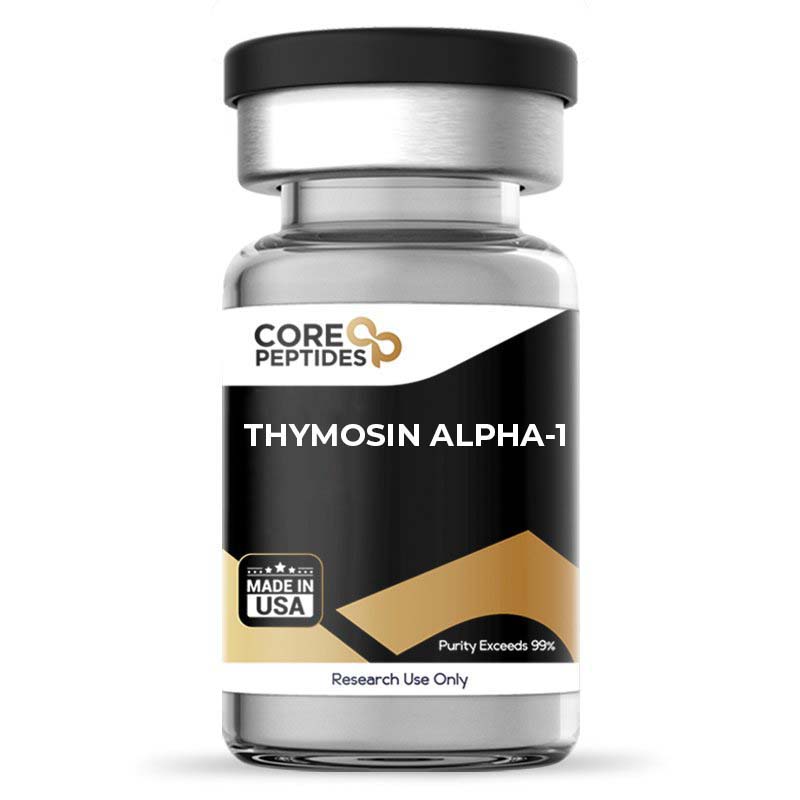

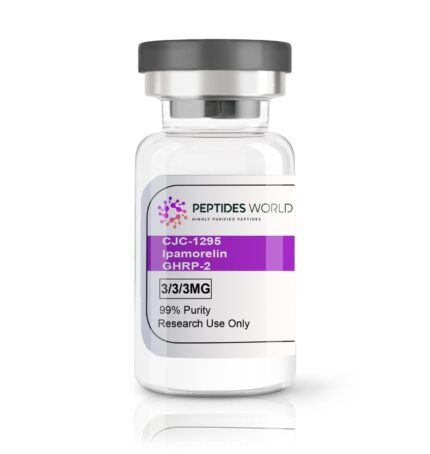
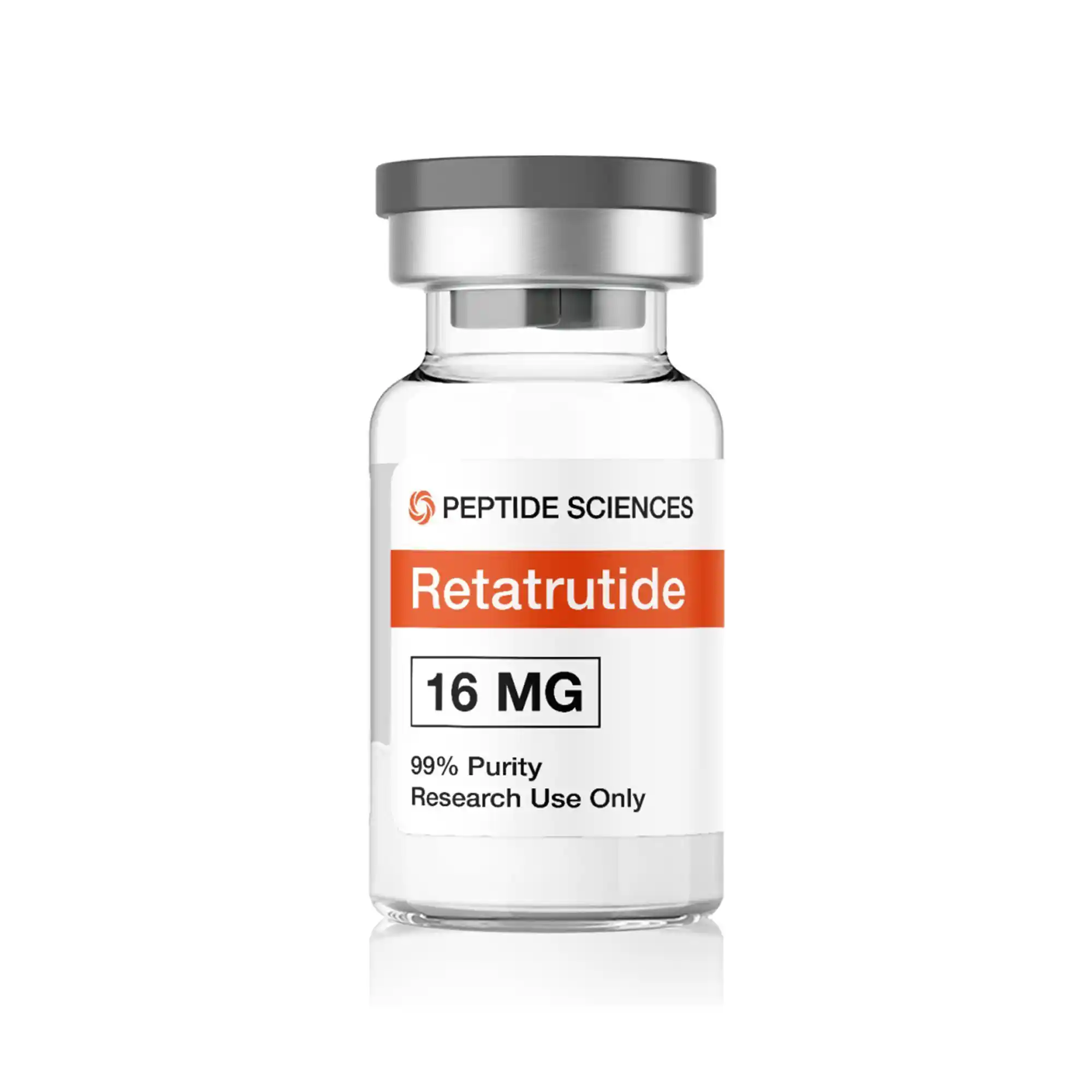
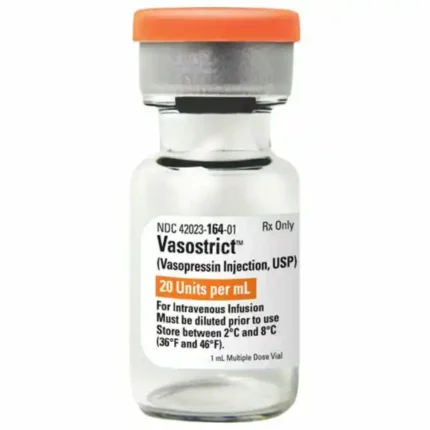
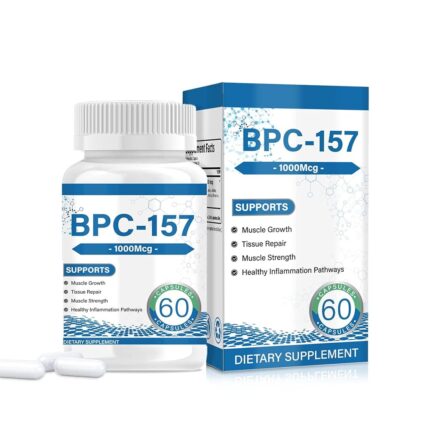
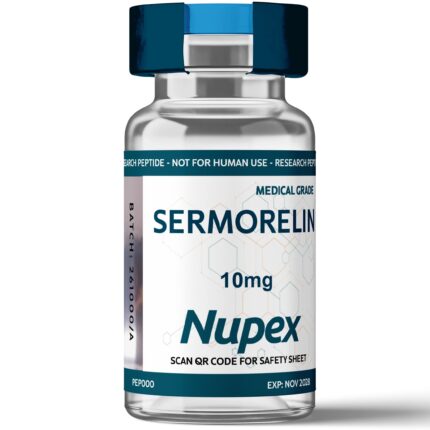
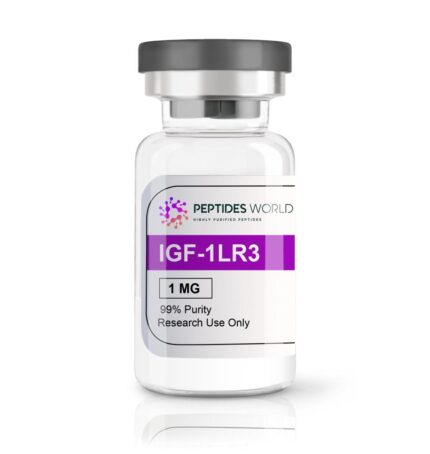




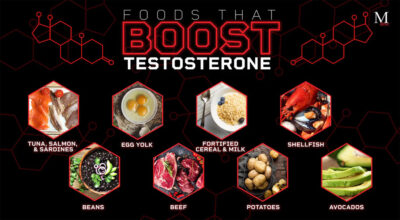
Reviews
There are no reviews yet.